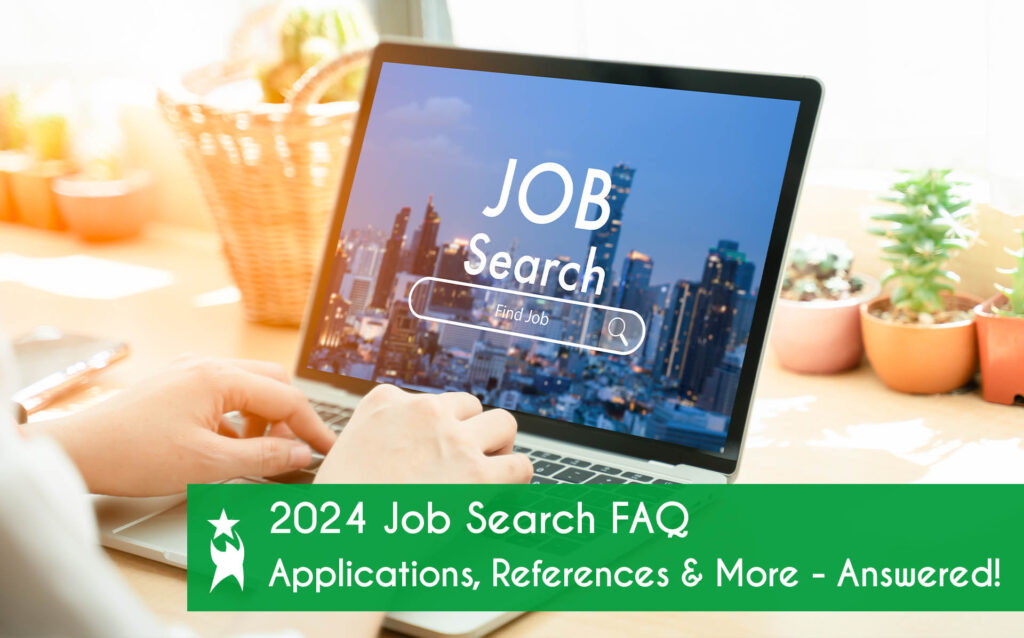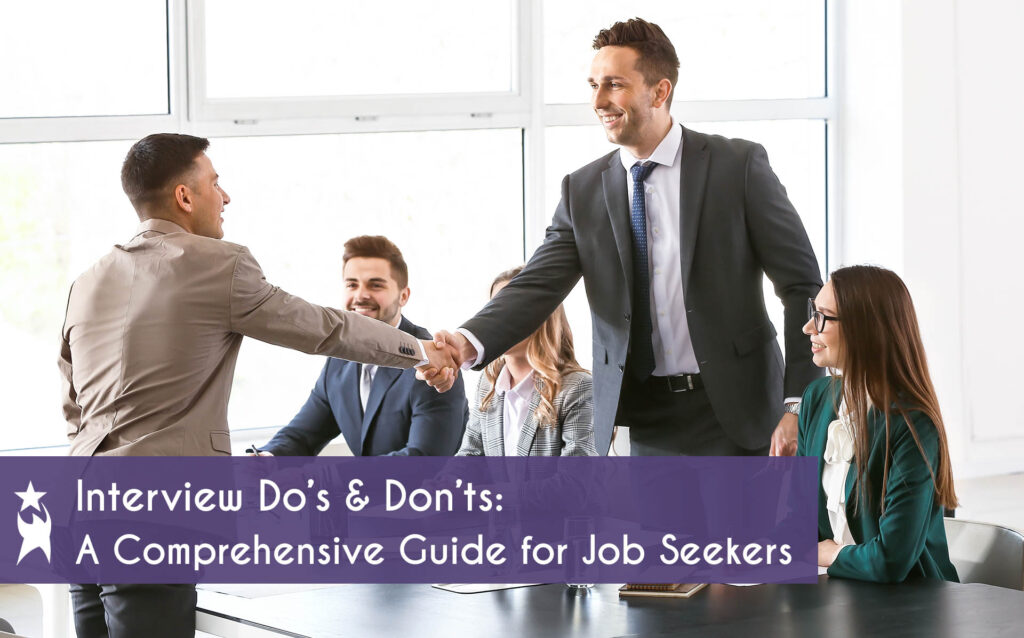April 26, 2021
We are proud to be part of the effort to help our community get back to work as we move beyond the unemployment crisis due to the Covid-19 pandemic. As part of that effort we want to help our community put their best foot forward on their resume. Your resume, after all, is a powerful tool that can land you an interview or cause you to be overlooked by a recruiter. Getting it right is crucial. We’ll walk you through a couple common questions about resumes and we’ll each give our take on how to tackle it.
Q: How should I handle large gaps between jobs on my resume?
Tyler: Have a good story! Understand that if you have a gap on your resume, you need to be able to explain it. If you are a temporary employee and you’ve spent 3 to 4 years to find your perfect full-time job, you might have worked with multiple staffing companies. Then go ahead and lump all of those into one and call it “various temporary agencies.” Next list the starting and ending dates that you did the temporary work. After that, list under it “various temporary assignments” and use bullet points to list out the things you did on most of those assignments.

If you have taken a number of temporary positions, typically you’ll be doing the same things over and over again. For example I wouldn’t expect to see the same person take a receptionist position with one place, and an executive administrator with another place, and then a devanner at the next assignment. It just doesn’t typically happen that way. So, you should be able to list common skills that you did at all of those temporary assignments.
Jason: I can speak to this one from personal experience. I had a family emergency once where I had to take a year off from my career. And that gap appears on my resume, but I don’t advertise it. Don’t go in and list a special section talking about what you were doing during that time, I don’t recommend that. But I would recommend that you be prepared to speak to it if they ask about it in your interview. Be ready to describe the reason for the gap, what happened, and what has changed now.

Tyler: I will tell you for large gaps, please have a story. Be able to explain that gap. It’s really not about the gap of employment, it’s about what happened during that time and how you handled the situation. To put it another way, we want to know how you handled it and how you moved through it. For example, were you looking for work during that time? Were you in school? What were you studying? Just understand that the recruiter and hiring manager are trying to grasp what happened. Ultimately they want to know if you were proactive during that time, or you just wanted to be on unemployment.
Q: What Should I look For when I Proofread My Resume?

Jason: Typos! Understand the perfect resume doesn’t exist. All of them probably have spelling and grammatical errors. But make sure as much as possible there are no typos, and the data is accurate. As you grow in your career it will be less about what you did and more about what you accomplished in your position. You should be able to demonstrate growth in your career. So if you’re further along in your career, double check that your resume demonstrates this progression.
Regardless of where you are in your career, you should always make sure nothing stands out that gives the impression you didn’t look through your resume. In short, always check for typos and grammatical errors.
Tyler: This is a great question! If you are an entry level individual, we would like to see the title of your position, when you started and when you ended, and at least 3 bullet points of what you did at that job. In fact, that is the bare minimum I would look for as a recruiter. So I would suggest checking each job you listed to make sure they’re complete.
Keywords are really important too, for getting past resume parsing tools and demonstrating you’re a good fit for a specific position. With this in mind, I would say to go online and check what keywords are hot for the type of job you’re looking for. Also check which ones were used in the job ad for the position you’re applying for. For example if you are a Picker & Packer, “Order Selector” is a good keyword. So are “transferring freight”, “unloading freight”, “checking bills of lading”. In that case, try to use some of those keywords on your resume to improve your chances of your resume getting past resume parsing software and piquing the recruiter’s interest. In short, you want to be able to portray exactly what you did on that job, and you obviously want to make sure you’re using the key words that will get you the next job.
We hope this spurs more questions! Stay tuned, we’ll be answering more resume questions in our next blog post!
Check out our other blog posts for more useful tips and tricks!









